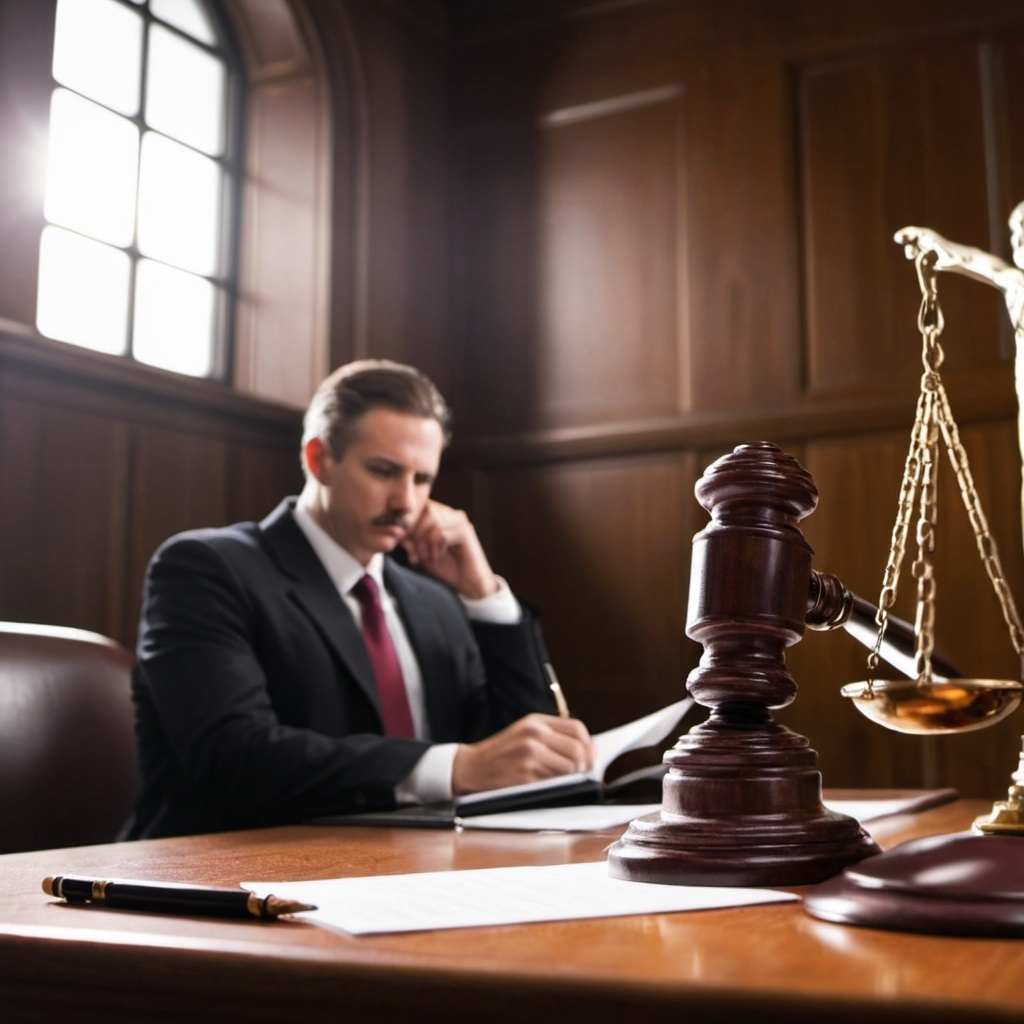Facing a criminal trial in Albuquerque, NM, can be an overwhelming experience.
If you understand the criminal trial process and NM court procedures, you will feel more prepared. For that, here is everything you need to know!
1. Pre-Trial Motions and Hearings
Before your trial begins, there may be several pre-trial motions and hearings. These are critical in shaping the course of your trial.
Your criminal attorney in Albuquerque NM might file motions to suppress evidence, dismiss charges, or request a change of venue. These hearings allow both the defense and prosecution to present arguments regarding specific legal issues that could affect the trial’s outcome.
2. Jury Selection (Voir Dire)
Jury selection, also known as “voir dire,” is one of the first steps in the trial process. During this phase, both the defense and prosecution question potential jurors to ensure a fair and impartial jury is selected.
Each side can dismiss certain jurors they believe might be biased or unable to fairly assess the case. This process is crucial because the makeup of the jury can significantly influence the trial’s outcome.
3. Opening Statements
Once the jury is selected, both the prosecution and defense will deliver their opening statements.
These statements outline the case’s key points, giving the jury a roadmap of what to expect during the trial. The prosecution goes first, followed by the defense. While opening statements are not evidence, they set the stage for the testimony and arguments that will follow.
4. Presentation of Evidence
The trial’s core involves the presentation of evidence by both the prosecution and the defense. The prosecution presents its case first, calling witnesses and presenting evidence to prove the defendant’s guilt beyond a reasonable doubt. This evidence may include physical items, documents, or witness testimony. The defense then has the opportunity to cross-examine each witness, challenging the credibility and reliability of the evidence presented.
After the prosecution rests its case, the defense presents its evidence, which may include calling witnesses, presenting exculpatory evidence, or challenging the prosecution’s evidence further. The defense’s goal is to create reasonable doubt about the defendant’s guilt.
5. Closing Arguments
After all evidence is presented, both sides deliver their closing arguments. The prosecution will summarize the evidence and argue why it proves the defendant’s guilt. The defense will then argue why the evidence is insufficient to convict. Closing arguments are the final opportunity for each side to persuade the jury before deliberation begins.
6. Jury Deliberation
Once closing arguments conclude, the judge provides the jury with instructions on the legal standards they must apply when considering the evidence. The jury then deliberates in private, discussing the case and deciding whether the prosecution has met the burden of proving the defendant’s guilt beyond a reasonable doubt. This process can take hours or even days, depending on the case’s complexity.
7. Verdict and Sentencing
After deliberation, the jury will return with a verdict of “guilty” or “not guilty.” If the jury finds the defendant guilty, the judge will set a date for sentencing. During the sentencing hearing, the judge will consider various factors, including the severity of the crime, the defendant’s criminal history, and any mitigating circumstances before determining the appropriate punishment.
Now that you understand the criminal trial process in Albuquerque, NM, you will feel more prepared and less anxious as you navigate the legal system. From pre-trial motions to the final verdict, each step of the process plays a crucial role in determining the outcome of your case. Having an experienced attorney by your side is essential for ensuring your rights are protected and that you receive a fair trial.

 Call
Call